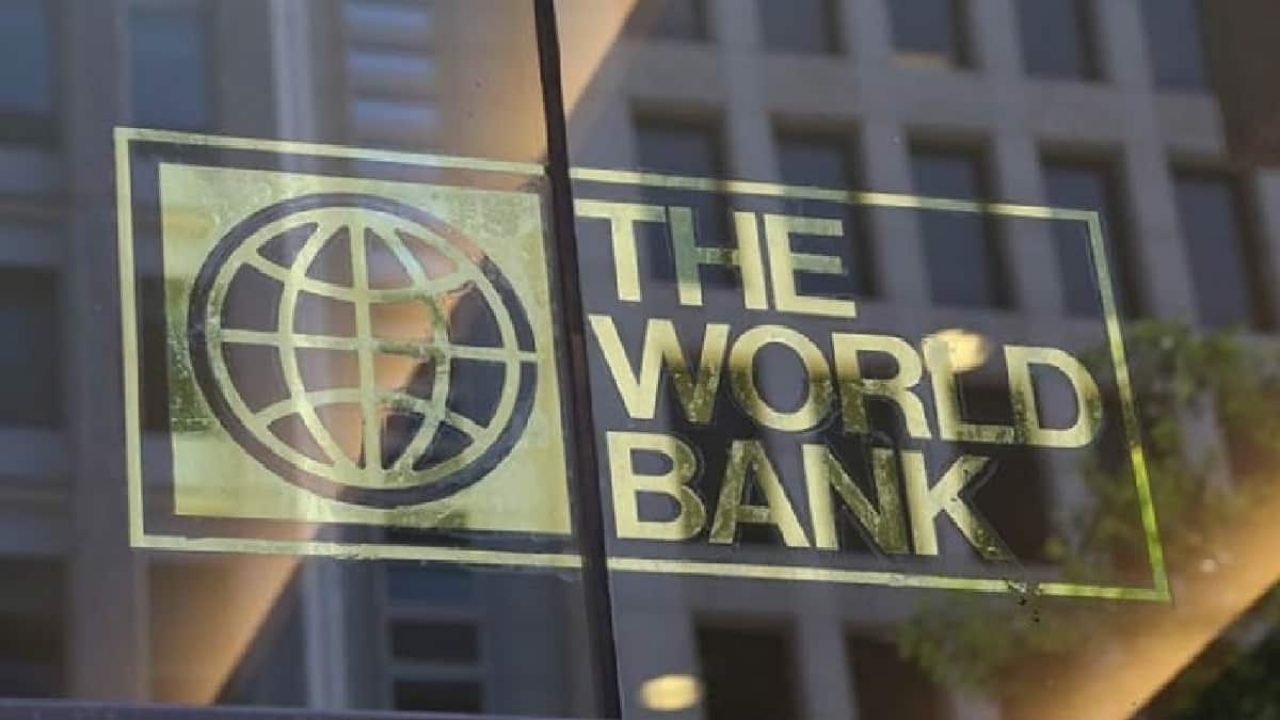Nigeria is in the closing stages of a deal to get a $1.5 billion loan package from the World Bank after meeting the conditions set by the international multilateral organization, Minister for Finance, Budget and National Planning, Zainab Ahmed, said on Friday.
Noting that Nigeria’s senate had approved the borrowing plan from the World Bank in June, Ahmed revealed during an interview with Bloomberg Television that the board of the bank will discuss the loan package at their next meeting.
The World Bank loan was sought by the government in the wake of the devastating impact of the Covid-19 pandemic. But the application has been delayed due to concerns over reforms that the bank asked Nigeria to implement and felt the country had not shown enough commitment towards achieving.
Some of the reform demands from the World Bank include the adoption of a unified and flexible exchange rate, removal of fuel subsidy, increase in electricity tariffs, etc.
Nigeria recently deregulated the downstream sector of the oil industry with the attendant removal of fuel subsidy and implemented an increase in electricity tariff, meaning some of the World Bank’s concerns have been gradually sorted out.
The government has however remained reluctant over scrapping its multiple exchange rate regime in spite of repeated calls and recommendations from the International Monetary Fund (IMF) and experts on the importance and benefits of a unified rate.
Although the Central Bank of Nigeria (CBN) recently devalued the naira to N381/1$, this is in no way market-determined and experts believe the domestic currency is largely overpriced at that rate, saying the value of the local unit should reflect in the parallel market.
Also Read: CBN Retains Lending Rate at 11.5% as Emefiele Flays Currency Speculators
On the widening gap between the official rate and parallel market rate, the minister said the government is concerned about the widening gap between both exchange rates. “We have been taking measures to close the gap. We hope to get to an even level very soon so the impact of the exchange rate will become moderated.”
The finance minister also revealed that Nigeria is considering joining the G-20 debt-relief initiative and is talking to commercial lenders to secure their backing.
“We will consider joining as long as it is safe for us to do so,” she said. “Nigeria couldn’t participate initially because some of the conditions were unfavourable for existing loan commitments with bilateral lenders and other international borrowings.”
